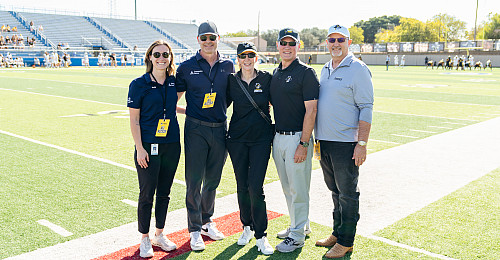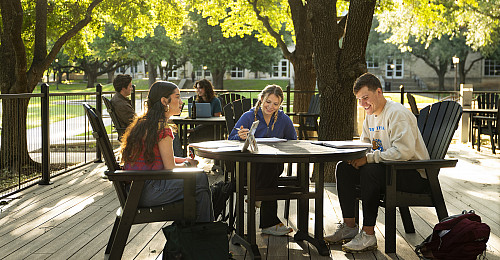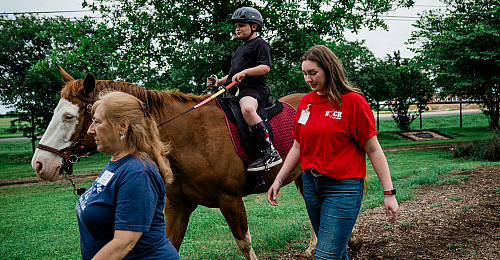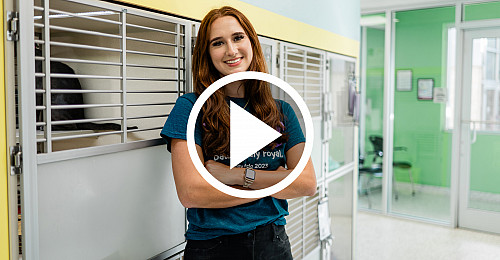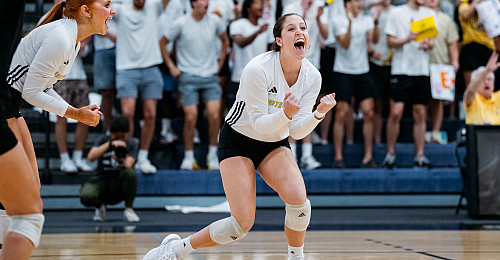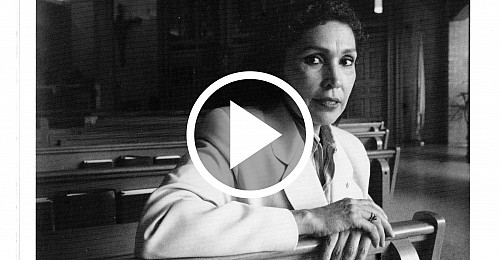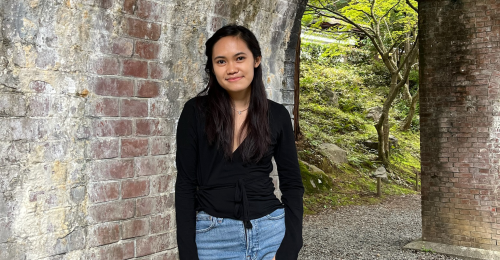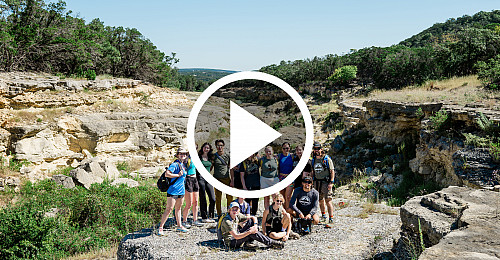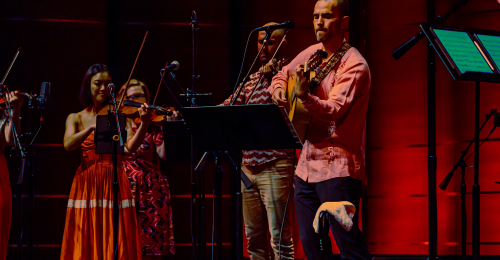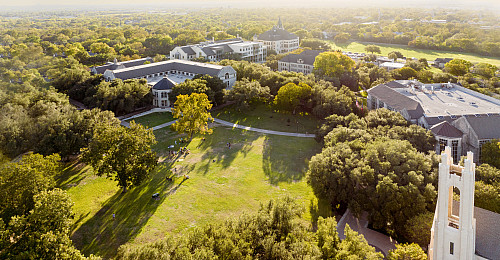News
Southwestern Junior Researches Wireless Technology over Summer
August 22, 2016
August 22, 2016
Open gallery

As the demand for data capacity is growing, scientists at NIST are researching new ways of transferring information. Over the summer, Southwestern junior Yash Gandhi, Class of 2018, researched with world-class scientists to develop a way to simultaneously measure wireless signaling from multiple transmitters. The research will ultimately bring scientists closer to developing the next generation of cellular technology: 5G. Gandhi was one of two Southwestern students, including Bella Ferranti, Class of 2017, chosen for a prestigious NIST internship.
“I was attracted to this internship because I would be given the opportunity to work in a highly developed lab with various resources that would otherwise be unavailable to me at the undergraduate and graduate level,” says Gandhi.
The internship allowed Gandhi to receive hands-on laboratory experience in NIST’s radio-frequency laboratory where he explored distributed multiple-input multiple output (MIMO) beamforming as a solution to meet the demand for data capacity. MIMO will make it possible to send and receive multiple radio signals from one antenna, which also affects the number of antennas that are needed for the same amount of data capacity. He is now familiar with different types of instrumentation and various software programs, including spectrum analyzers, oscilloscopes, and software defined radios.
“I have also strengthened my programming skills by coding in python, and also gaining experience in LabVIEW, a system designing platform,” says Gandhi. “Both of these programming languages are highly sought-after skills in the electrical and computer engineering fields.”
Gandhi says Southwestern was monumental in preparing him for the internship.
“Because of my liberal arts studies, I have an advantage when it comes to understanding problems and coming up with novel solutions,” says Gandhi. “My classes have prepared me by giving me both practical problem solving skills, and a highly detailed theoretical background.”
With invaluable experiences under his belt, newly acquired skills, and instrumental relationships established, Gandhi looks forward to the future.
“This opportunity has introduced me to so many professionals in the science field and helped me expand my network,” says Gandhi. “As my network expands, I am not only growing closer to my professional goals, but I am also diversifying myself by meeting so many new people. This has and will continue to be a defining work experience that I am sure will largely shape my future.”




